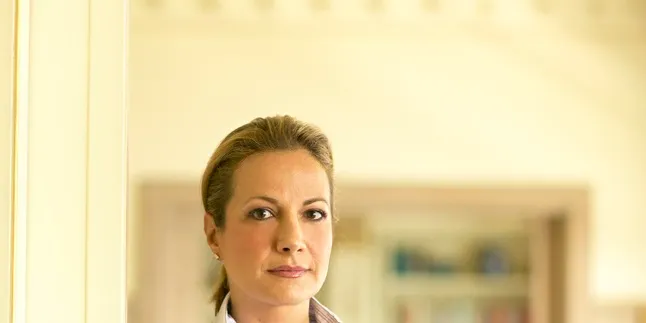Women in seafood: Kefalonia's Lara Barazi-Yeroulanos
'Qualities such as macho-ness and toughness are frankly not enough anymore. Being the captain of the ship isn't enough: our industry needs to adapt to a changing marketplace.'

'Qualities such as macho-ness and toughness are frankly not enough anymore. Being the captain of the ship isn't enough: our industry needs to adapt to a changing marketplace.'
